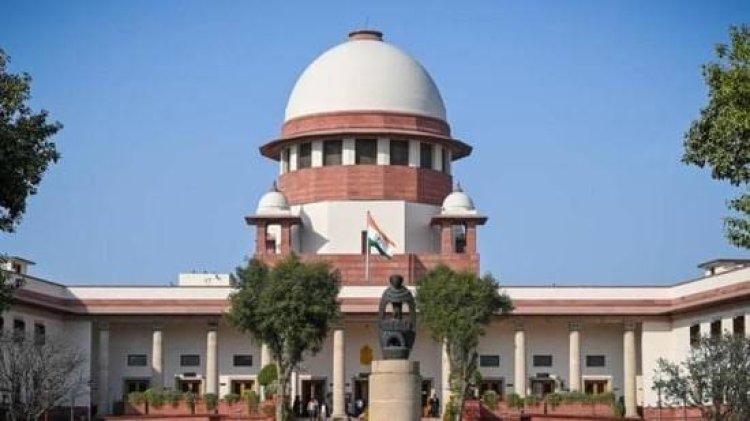Citizen Has Right To Criticise Abrogation of Article 370: Supreme Court

The Supreme Court of India has affirmed the right to criticize state decisions, stating that dissent is not a crime. In response to a case involving a Kashmiri professor, the court emphasized every citizen's right to express dissatisfaction with state actions under Article 19(1)(a) of the Constitution. Police are urged to be educated about freedom of speech and expression. The court dismissed the case against the professor, asserting that expressions of protest and goodwill are protected under constitutional rights. This ruling sets a precedent for protecting democratic values and freedom of expression in India.
Key Points:
-
The Supreme Court of India upheld the right to criticize state decisions, emphasizing that dissent is not a crime against the state.
-
The ruling came in response to a case involving a Kashmiri professor who faced criminal charges for denouncing the scrapping of Article 370 and extending wishes to Pakistan on its Independence Day.
-
The court stressed that every citizen has the right to express dissatisfaction with state decisions under Article 19(1)(a) of the Constitution.
-
Police need to be educated about freedom of speech and expression, as enshrined in the Constitution.
-
The court dismissed the case against the professor, stating that expressions of protest and goodwill do not amount to creating animosity between religious groups.
-
Legal means of expression are integral to the dignified and meaningful life guaranteed by Article 21 of the Constitution.
-
The ruling sets a precedent for safeguarding freedom of expression and dissent against state actions, reaffirming the judiciary's role in protecting democratic values in India.










